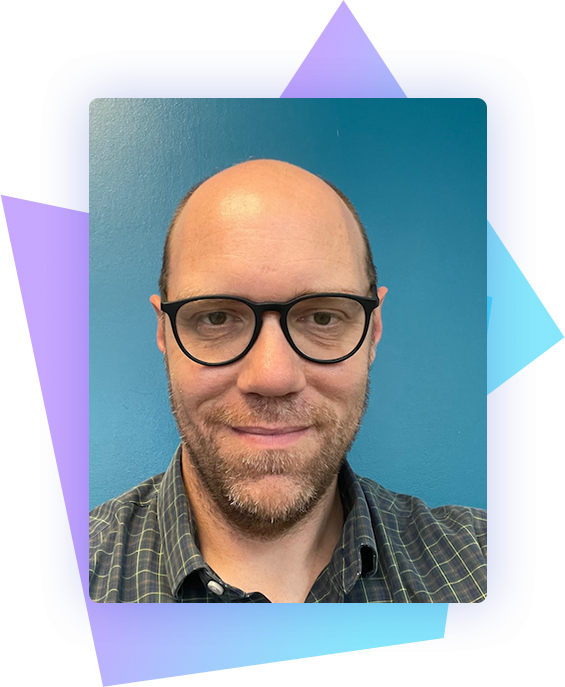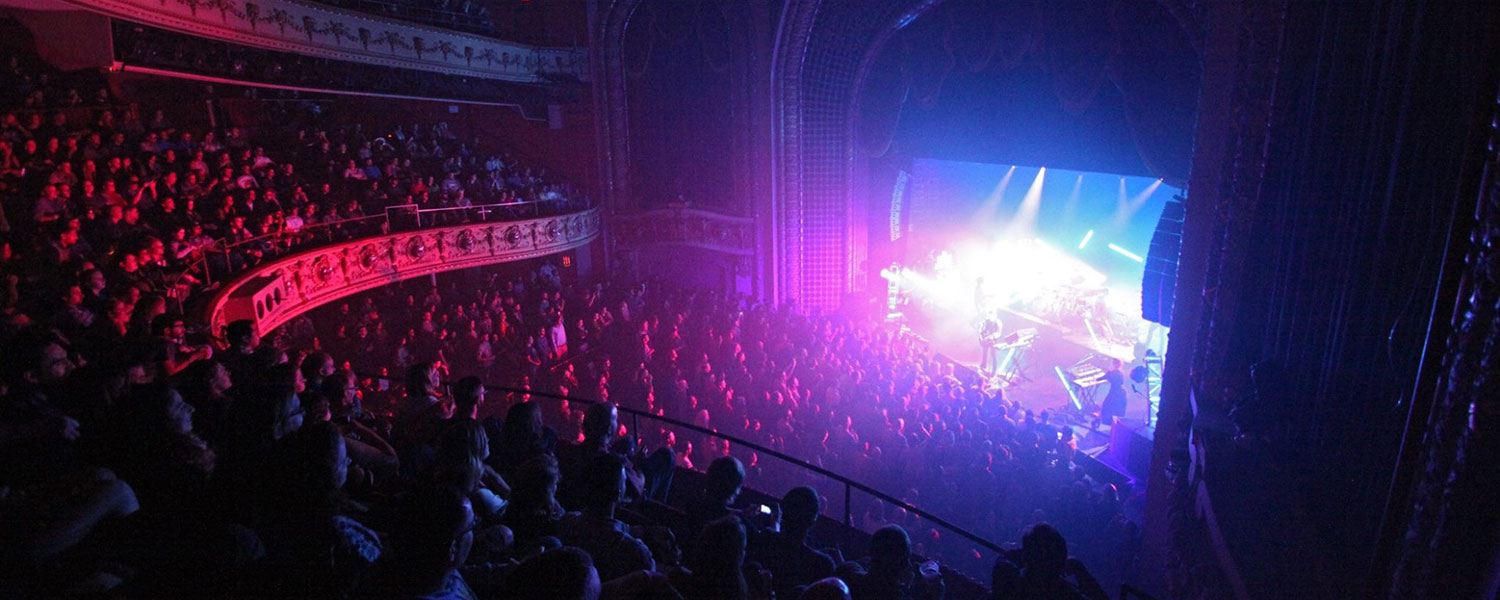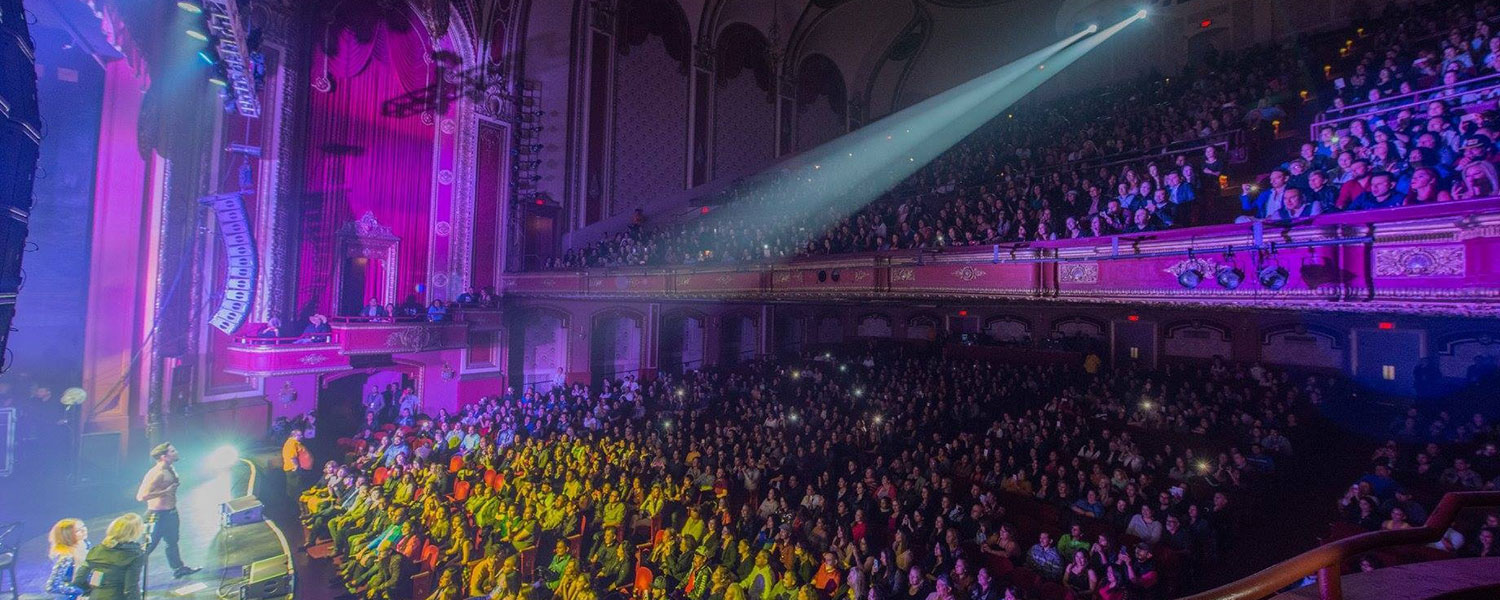Pabst Theater Group Is Making the Most Out of the Shut Down by Streamlining & Modernizing Operations
Now, Is the Time
Since 1895, Pabst Theater has been a favorite local venue in the heart of Milwaukee, once home to one of the most respected German theater companies in the U.S. And while Pabst Theater has evolved over the years into the Pabst Theater Group which includes The Pabst Theater, The Riverside Theater, Turner Hall Ballroom, and The Back Room @ Colectivo, its roots are firmly planted in live entertainment.
And even with its rich historical background, Pabst Theater Group faced what every other venue and promoter experienced during the COVID pandemic: a sudden, complete shut down that no one saw coming or expected to last as long as it did. Matt Beringer, talent buyer at Pabst Theater, realized he had no control over when the doors could open again but seized the opportunity to change up some operations and processes while he waited.


“We were using spreadsheets for offers, Basecamp for project management, PDFs for box office setup, and Google Sheets and Air Table for other stuff,” says Beringer. “Like a lot of venues, we knew we needed a central source of information and even considered building our own specialized software because nothing we knew of met our specific business needs. We were dreading the thought of a build but knew we couldn’t stay where we were with what we wanted to do, especially knowing that when live entertainment came back, it would come back with a roar.”
Beringer and his team used the shutdown as motivation to examine the workflow to see if they could make it more efficient. They made an intentional effort to grasp their challenges and find a solution to check all of their boxes. Unfortunately, they found similar sales pitches promising all kinds of features and functionality that would be coming at some point but were always “still in development.”
“We strongly believe that any software that is 100% perfect the minute it’s launched means something was missed, but we expected more than what we saw on the market. We were apprehensive about buying anything because nothing seemed to address our challenges in a single solution. Until Prism,” he says.
Leveling the Playing Field
One of the biggest challenges for independent venues and promoters is trying to compete with the larger companies. For one, they have all the resources they need at their fingertips, such as software designed specifically for their companies. “We all have the same problems, even on the agency side,” says Beringer. “We can’t go design the same software, but with Prism, we have the same access to data and quick integrations that give independent promoters an advantage we previously didn’t have.”
Prism is built by music veterans for music professionals, offering cloud-based, all-in-one entertainment management software that gives venues, promoters and agencies a centralized workflow and data source to run their businesses with greater automation. From calendar and collaboration to offer generation and settlement, everything is integrated, accessible and centrally managed.
“Prism is just a better way to serve our staff and artists, improving our communication and professionalism,” says Beringer. “It’s important that we put ourselves in a position to have the same resources as larger promoters so we don’t appear so ‘scrappy’ all of the time. If you have the right strategy and tools, you can look at things intelligently. You have some time to breathe from all of the administrative and communication issues that are really just distracting you from booking and promoting more shows.”
Better Tools = Better Workflows
It’s not that the various tools Pabst was using didn’t work; they did. But instead of making things easier, they just caused more work, primarily administrative tasks and correcting issues born from miscommunication. From transferring data from one system to another to being limited in who could do what because not everyone had the right data, the previous workflow just wasn’t working.
Something as little as a spreadsheet cell not populating properly could cause a big problem come settlement time. However, their new software has changed how Pabst Theater Group thinks about its workflows, making them more efficient and aligned. One example of how Prism has changed things is when they tried with other platforms, they didn’t have permissions or personal dashboards. With Prism settlement, they can be flexible with which person they put into place and how they collaboratively edit docs and input information.
Beringer says he hasn’t logged into Basecamp in over a week and many of the other tools he used have been retired. “My Frankenstein offer sheet I put together last summer is collecting dust,” he laughs. “We are setting up shows now based on confirmations, and people have the right information in front of them without having to dig through emails. Everything is so much more streamlined, and we are all on the same page finally. The software is a place to work, not just assign clients. Prism certainly beats building our own platform.”

The People Behind the Product
For Beringer, finding a solution was more than identifying a tool. It was about building a trusting relationship with a partner who would grow with Pabst. “I can’t speak positively enough about the onboarding process,” he says. “The support from Prism has been phenomenal, between the customized tutorials built per role to help each person get the most value out of the software to the super-fast chat support.”
“I am optimistic about the future, in part because Prism is so open to our feedback and actually uses it to continually develop valuable features,” he continues. “We are big advocates and believe the way Prism designs and incrementally builds their software to solve real issues is really smart.”
Pabst Theater Group is looking forward to the future in terms of getting its team more time back in their days with clearer communications and greater job efficiencies. “It’s about to be an insane show season, and as it cranks up, we will put the software to the test. We are ready.”
The doors are opening, and live entertainment is back. With a hungry audience and artists eager to share what they’ve been up to the past year and a half, Beringer couldn’t be more on the mark.


